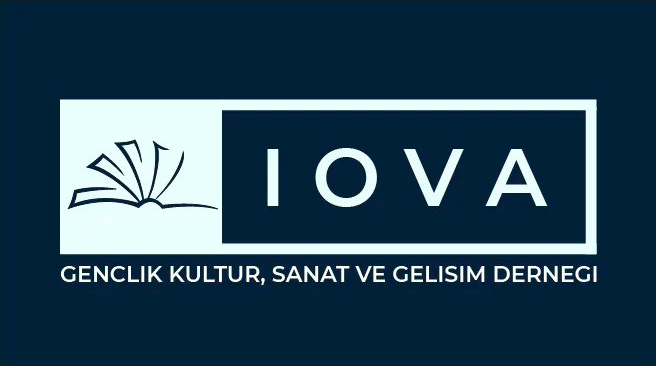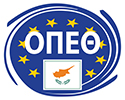|
The Asylum Service of Cyprus, managed by the Ministry of Interior, provides a comprehensive range of settlement services to assist migrants, refugees, and asylum seekers in finding accommodation and integrating into Cypriot society. This is in collaboration with various ministries, such as the Ministry of Labour, the Ministry of Education, and the Ministry of Health. Below are the key services and information available to migrants regarding housing and settlement in Cyprus.
Housing Search and Support
Cyprus offers several avenues for migrants and refugees to secure housing, particularly through government programs and NGO-supported services. The Cyprus Refugee Council and Caritas Cyprus provide detailed guides and assistance to help migrants navigate the housing market. These organisations explain the administrative obligations, legal processes, and documentation required to secure rental accommodation.
Key documents required for renting a property in Cyprus include:
- Valid identity document (passport or residence permit)
- Valid residence permit
- Tax Identification Number (TIN)
- Proof of employment (such as a work contract or pay slips)
The guide to renting a home also covers essential information regarding:
- Roles and responsibilities of the landlord and tenant: Clearly outlines the rights and duties of both parties in the rental agreement.
- Rent (ενοίκιο): Details how rent is determined, typical payment structures, and rental increases.
- Key contract terms: Explains the elements of legal rental contracts, including duration, deposit requirements, and notice periods for termination.
- Registered vs. Irregular Contracts: Provides guidance on how to ensure that rental agreements are legally compliant to avoid exploitation.
- Effective channels for housing search: Recommendations on using local real estate agents, online platforms, and community networks to find affordable housing.
Reception Facilities
The Cypriot Asylum Service manages a range of reception facilities that provide immediate accommodation for asylum seekers and refugees while their applications are being processed. These include:
- First Reception Centers: Facilities designed to provide initial housing, medical care, and orientation services for newly arrived asylum seekers.
- Temporary Shelters and Emergency Housing: For migrants and refugees without immediate housing options, emergency shelters provide short-term accommodation.
- Kofinou Reception Centre: This is one of the primary reception centres in Cyprus, offering basic housing, food, and healthcare to refugees and asylum seekers. The centre also provides support services such as legal advice, job counselling, and language courses.
Access to Long-Term Housing
For those who transition out of reception centres and wish to seek long-term housing, local municipalities and NGOs provide further support. The Cyprus Refugee Council and Caritas Cyprus assist with connecting migrants to rental housing in urban and rural areas, while also offering financial assistance for rent in some cases. Additionally, NGOs often help with negotiating lease agreements and ensuring that migrants are not subjected to unfair rental practices.
These services aim to support migrants in finding stable and secure housing, which is a key step toward integration and self-sufficiency in Cyprus.
|
1.Cyprus Asylum Service - Housing Information
https://www.moi.gov.cy
2.Cyprus Refugee Council - Settlement Services
https://cyrefugeecouncil.org
3.Caritas Cyprus - Housing Assistance
https://caritascyprus.org |







